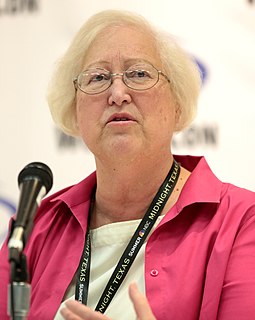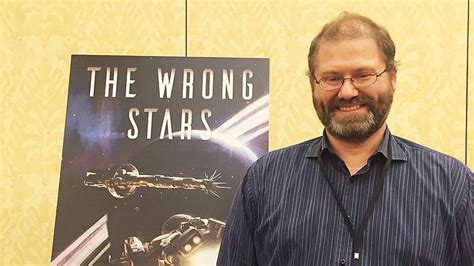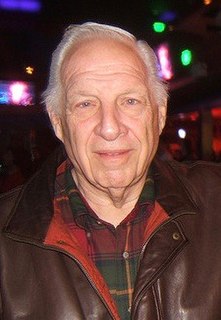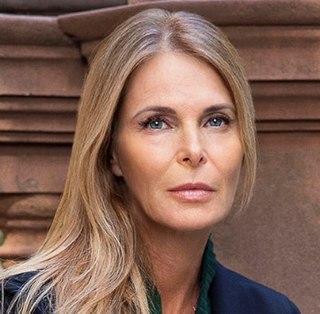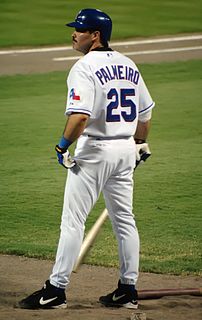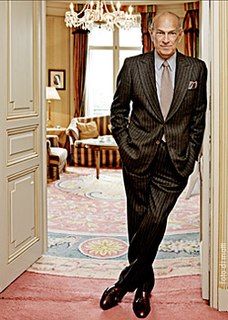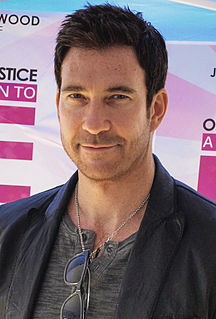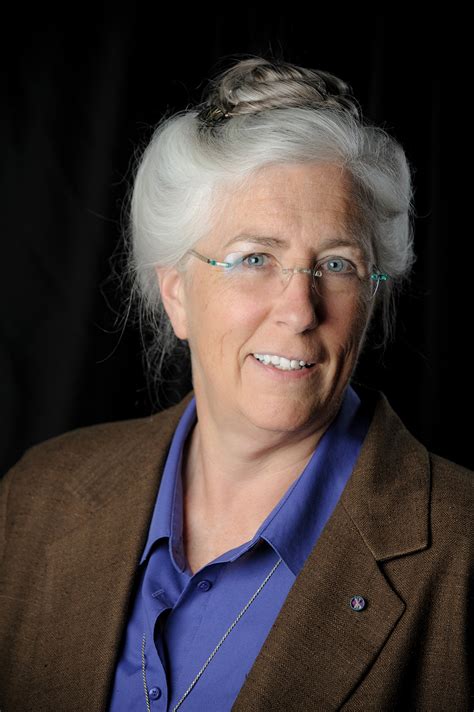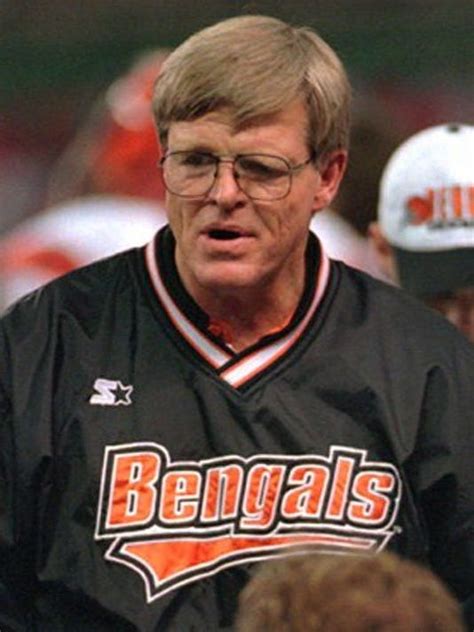Top 1200 Victorian Era Quotes & Sayings
Explore popular Victorian Era quotes.
Last updated on December 22, 2024.
You've probably heard about the theory of steam-engine time - that even after the steam engine had been invented, it had to wait until people were ready to make use of it. The same thing happens in literary circles. The truth is, I'm not terribly interested in Victorian times; I'm interested in Victorian writers. I'm interested in most eras of history, but not the Victorian Era especially. I was interested in the John Franklin Expedition. I was interested in these last five weird years of Dickens' life. And I just have to take the age that comes with all that when I write about it.
I was born in England and went to school there. That's when I discovered my undying passion for history - not just for the Middle Ages, but all periods of history. My favorites are medieval, Elizabethan, and Georgian; however, I've written stories set in periods as early as ancient Rome, right up to the Victorian era.
Period films to me are very often alienating to the audience. There's very often a formality. A staunchy quality to them that comes from the misenscene. It also comes from the performances of the actors, because they're acting Victorian which really means that they're just acting the way they've seen previous actors act Victorian.
I try to find a style that matches the book. In the Baroque Cycle, I got infected with the prose style of the late 17th and early 18th centuries, which is my favorite era. It's recent enough that it is easy to read - easier than Elizabethan English - but it's pre-Victorian and so doesn't have the pomposity that is often a problem with 19th-century English prose. It is earthy and direct and frequently hilarious.
The [sexual harassment] situation has gotten so out of hand that, in 1993, in one of the first British cases, a plumber was fired for continuing to use the traditional term "ballcock" for the toilet flotation unit, instead of the new politically correct term, sanitized of sexual suggestiveness. This is insane. We are back to the Victorian era, when table legs had to be draped lest they put the thought of ladies' legs into someone's dirty mind.
I'm completely uninterested in the origins of Stonehenge. I don't care about the real story behind it or whether it should be saved or not. What I'm interested in is this: in the Victorian era, you could go there as an early cultural tourist and you were given a chisel to chip off a bit of the stones and take it with you. That's what you did in Victorian times.
Some ministers are fond of talking about a return to Victorian values. We must realise that those Victorian values are being expressed by some of the younger people in this society in shameful and disturbing disregard for other members of their generation who are not as fortunate as they are in having a job.
People are always saying it's the end of the Gutenberg era. More to the point, it's a return to an oral era. The Gutenberg galaxy was about the written word. At its best, the digital era is part of the rediscovery of the oral. At its worst, it's a Kafkaesque victory of the bureaucratic over the imagination.
The Jacksonian era is generally talked about in terms of individualism, and the development of free market capitalism, and Victorian prudery. It was shocking to find a parallel history to that - a bunch of Americans with very different priorities. I stumbled on to these people, and then became completely fixated on them. The question that drove me was: how did these reasonable people adopt these extremely unreasonable ideas?
I was every Londoner's stereotypical idea of a brash, vulgar American. When I got here, it turned out that London was the Wild West, and New York was like London at the height of the Victorian era, in which everyone was far more obsessed with table manners and status-climbing than they are in London. In London, everyone was just crawling over this blizzard of cocaine. Here, if you have more than a glass of wine with your meal, people refer you to Alcoholics Anonymous.
